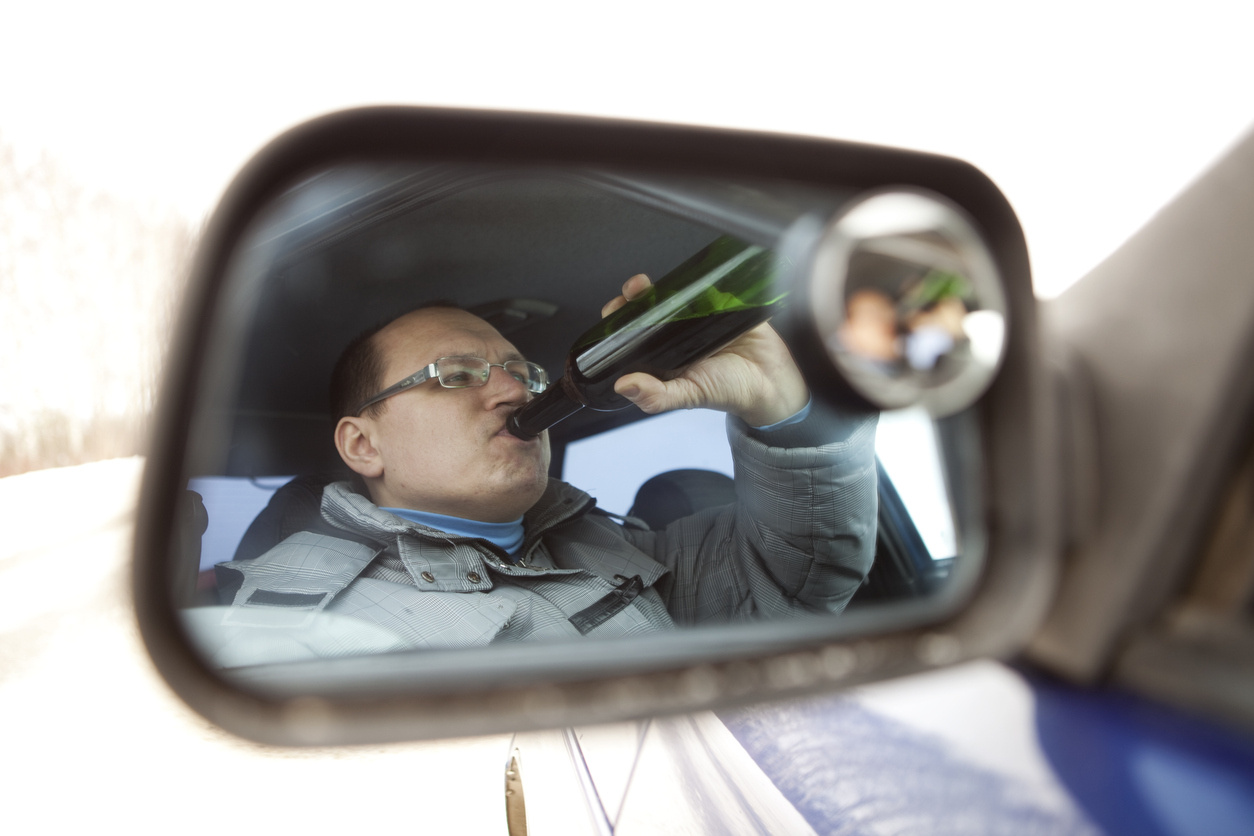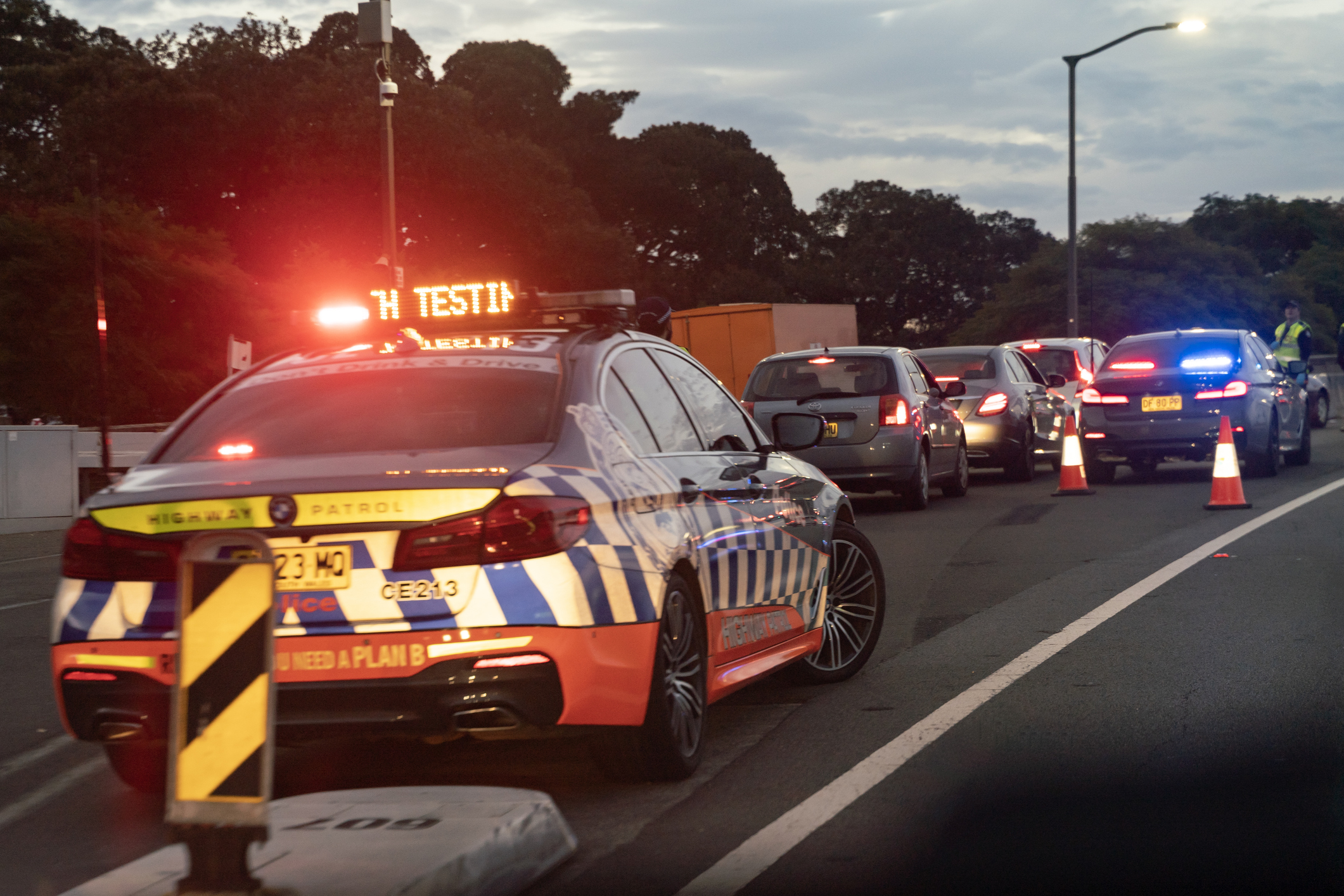Driving High in Canada: Understanding the Law and the Possible Consequences
The Canadian Cannabis Act made marijuana legal for recreational and medicinal purposes in 2018, but there’s still often confusion surrounding when it’s okay to smoke and when it can cause legal repercussions. While marijuana is legal, driving under the influence of it is not. Find out what qualifies as high driving, how officers determine whether you are under the influence of marijuana or other drugs, and what the legal THC limit is in this resource.
What Is High Driving?
High driving is when you are driving under the influence of a drug. While most people are referring to marijuana when talking about getting high, this could technically apply to other drugs as well. High driving is illegal because it falls under the category of driving while impaired. When you are under the influence of a substance like marijuana, you may have slower reaction times, have more difficulty focusing on the road and your surroundings, and be more likely to cause an accident or fail to avoid one.
Marijuana affects each person differently, and how high you get when consuming it can depend on several factors. These include your body weight, what kind of tolerance you have built up, what kind of marijuana product you consume, and the method of consumption.
How Do Officers Determine Whether You Are Under the Influence of Drugs?
Officers use many clues to help them detect if someone may be driving under the influence. For example, a person who is driving high may be driving under the speed limit, have difficulty maintaining speed, have trouble maintaining their lane, or run a stop sign or commit another traffic infraction.
If an officer sees signs of impaired driving, they can pull you over for a traffic stop. During the stop, the officer will ask you general questions to observe how you are able to carry on a conversation, including your reaction time, whether you’re slurring your words, and if you appear to be aware of your surroundings. The officer will also be aware of any kind of marijuana smell coming from the car.
If the officer believes that you are showing signs of driving high, they can ask that you take a roadside drug test with a spit sample. If the test is positive, you can be arrested and taken into custody, where a blood test can be done to see how much THC you have in your bloodstream. You may also be asked to take a field sobriety test at the scene of the stop to check your motor function and cognitive skills.
What Is the Legal Limit for THC in Your System in Canada?
For most people, the legal limit of THC in your blood is 2 nanograms per milliliter. However, there are some segments of the population that fall into the zero tolerance policy. Those under the age of 21 or who have a G1, G2, M1, or M2 license are not allowed to drive with any level of THC in their blood. The same applies to anyone driving a commercial vehicle or an A-F driver’s license. Those who use marijuana for medicinal purposes — as opposed to recreational purposes — are not subject to the zero-tolerance law but can still face charges if they are arrested for impaired driving.
What Are the Consequences If You’re Convicted of Impaired Driving?
If you’re arrested and convicted of driving while high, you can face serious consequences — especially if you have previous convictions. Below is a list of the penalties you could face by level of THC in your blood and whether it’s a first, second, or third offence.
- 2-5 ng/ml
- First offence: Driver’s license suspended for three days and a fine of up to $550
- Second offence: Driver’s license suspended for seven days, a fine of at least $350, and a mandatory education program
- Third offence: Driver’s license suspended for 30 days, a fine of at least $450, mandatory treatment program and medical exam before you can begin driving again, and 6 months of using an ignition interlock device
- 5 ng/ml
- First offence: Driver’s license suspended for 90 days, your vehicle impounded for a week, and a fine of $550
- Second offence: Driver’s license suspended for 90 days, your vehicle impounded for a week, $550 fine, and a mandatory treatment or education program
- Third offence: Driver’s licenses suspended for 90 days, your vehicle impounded for a week, a mandatory treatment program, 6 months with an ignition interlock device, and other fees
It’s possible to face even harsher penalties in severe cases or situations where there have been multiple previous offences, including permanently losing your driver’s license. If you’ve been arrested for driving while high, it’s important to discuss your situation with a criminal defence lawyer to ensure that you’re aware of the potential penalties you’re facing and your options for defence.
What Should You Do If You’re Arrested for Driving High?
If you’ve been arrested for driving high, the first thing you should do is tell officers that you want to speak with a lawyer. Don’t answer any questions with a lawyer present. The things that you say and do, starting with the traffic stop, can make a big difference in your case. Don’t give officers any additional evidence or statements that could be used against you. When your lawyer comes, they will be able to talk to you about the charges against you and provide counsel about what happens next.
When you’re facing severe penalties such as license suspension and hefty fines, you need a criminal defence lawyer who is prepared to help you fight back against charges. Call AR Law Barrister & Solicitor to discuss your case and learn more about how our legal team can help.

 647-503-5251
647-503-5251






